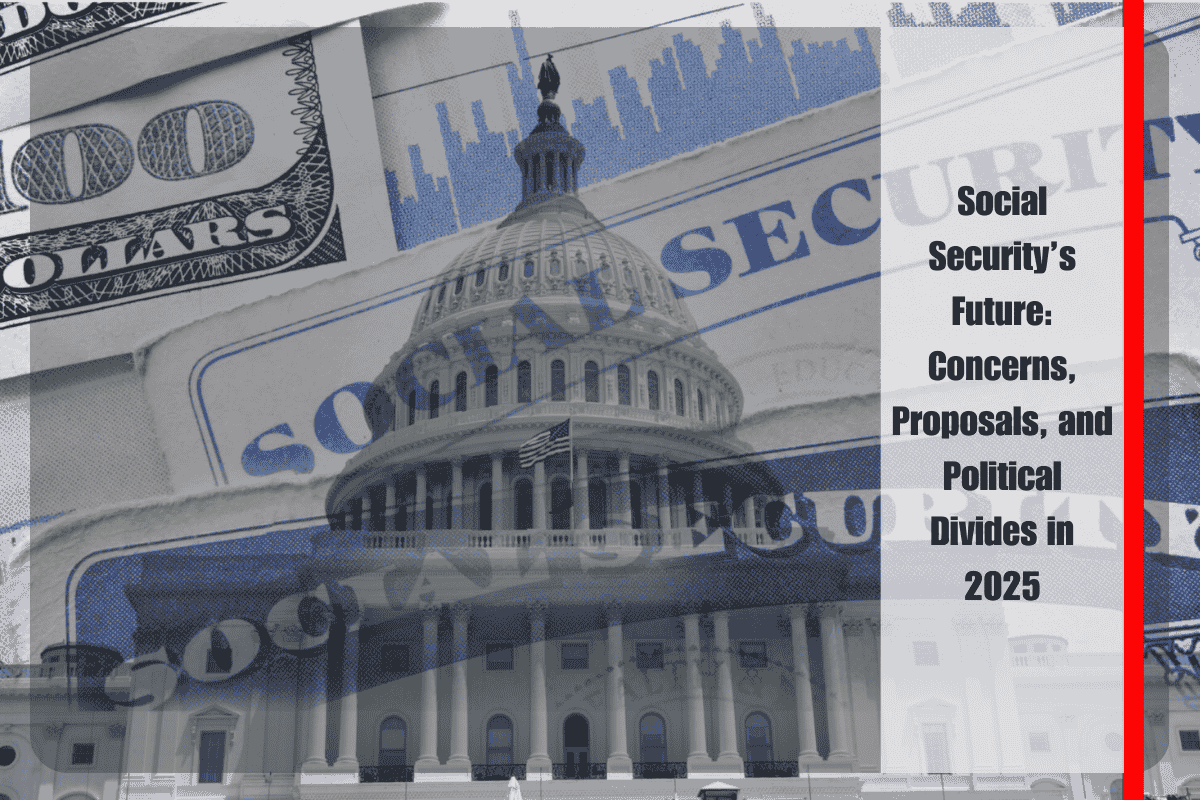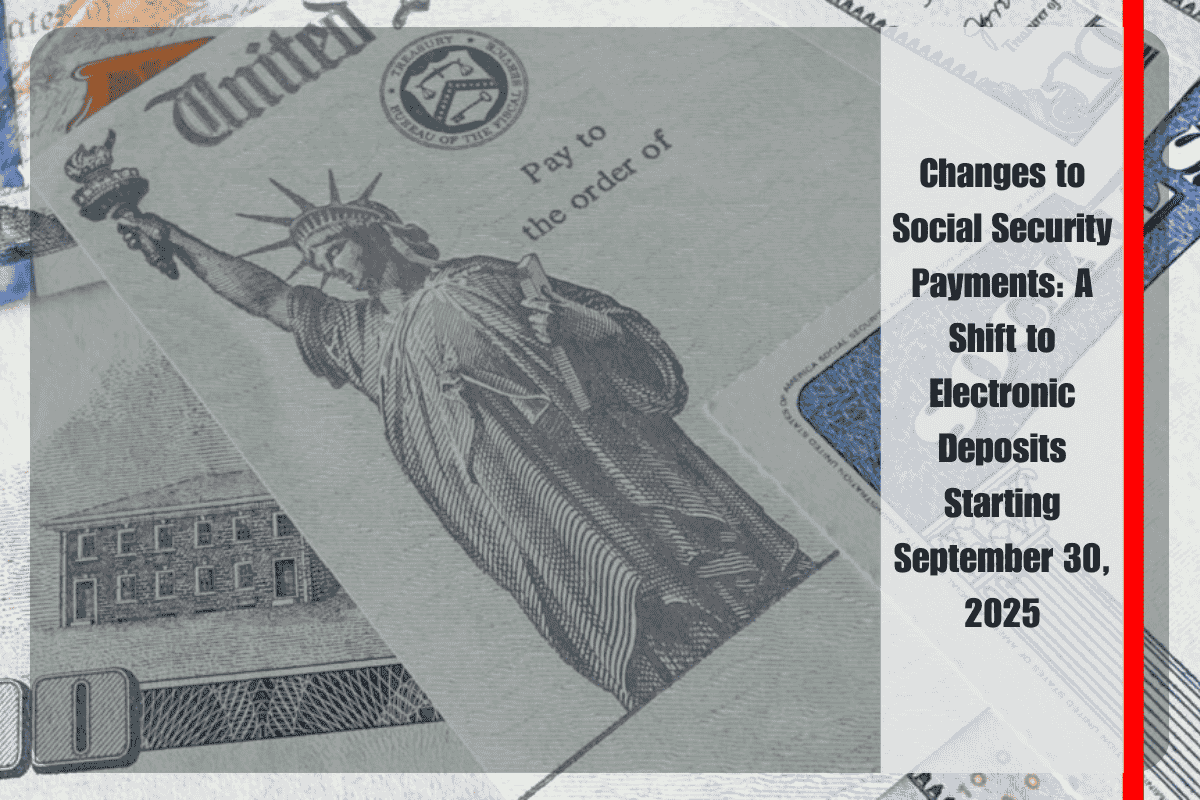Medicare kicks in for most Americans at age 65, a milestone that often prompts the question of whether to start Social Security benefits at the same time. Both Medicare and Social Security are key elements of retirement for many, becoming available in your mid-60s, which makes it easy to see why people often link the two. However, while Medicare has a clear start date, Social Security offers more flexibility—and claiming it at 65 could lock you into a smaller monthly benefit for the rest of your life.
The Social Security Administration allows you to begin benefits as early as age 62, but for those born in 1960 or later, the full retirement age (FRA) is 67. If you claim before your FRA, you will receive a permanent reduction in your benefits. For instance, claiming at 65 results in about 13.3% less each month compared to waiting until FRA, which could be a significant reduction if you are relying on Social Security to cover a large portion of your retirement expenses.
While Medicare does not require you to start Social Security, it’s a common misconception that you must claim benefits to receive Medicare. You can sign up for Medicare at 65 and pay your premiums directly (or have them automatically withdrawn from your bank account), without claiming Social Security benefits. If you are already receiving Social Security, your Medicare Part B premiums will automatically come out of your check, but this is not a requirement for enrollment.
Delaying Social Security benefits beyond your FRA can increase your monthly benefit by about 8% for every year you hold off, up to age 70. This increase is permanent, providing you with a higher benefit for life. If you live into your 80s or 90s, this compounded benefit can provide significant financial security.
Some retirees use their savings or part-time work as a bridge between enrolling in Medicare and claiming Social Security, allowing their benefits to grow while they cover their expenses. Financial advisors often recommend this approach, particularly for those in good health and with a longer-than-average life expectancy.
Even with concerns about the future of Social Security, with trust fund reserves projected to run out around 2033, delaying your claim still offers advantages. Even if Congress enacts changes to the program, waiting to claim benefits sets you up with the highest possible starting point, which is valuable in most reform scenarios.
While Medicare and Social Security may both become available at 65, they are separate programs. Signing up for one does not require you to take the other. If you can manage without Social Security for a couple more years, delaying your claim could leave you with a larger monthly check—and more peace of mind—for the rest of your retirement.












